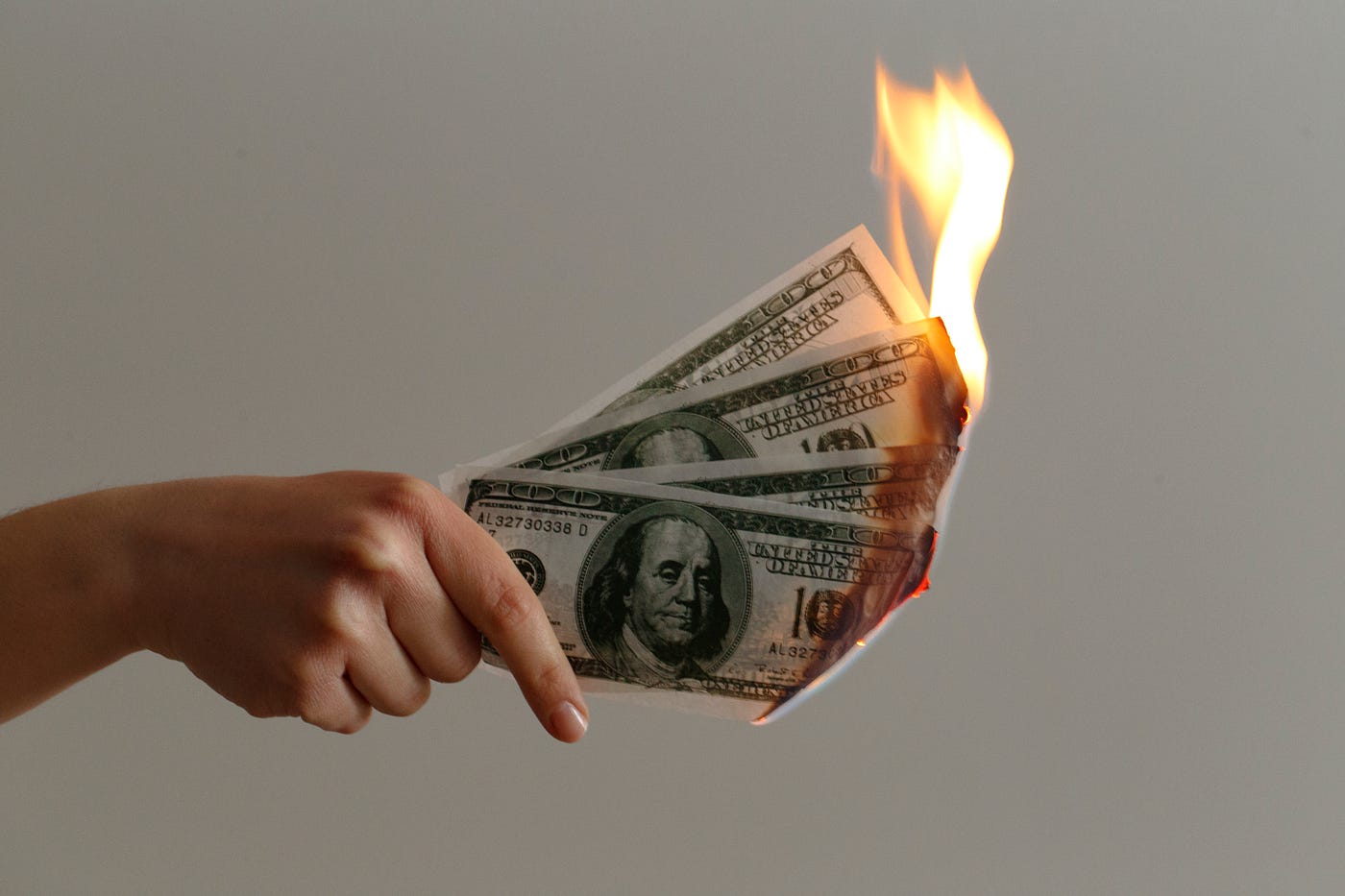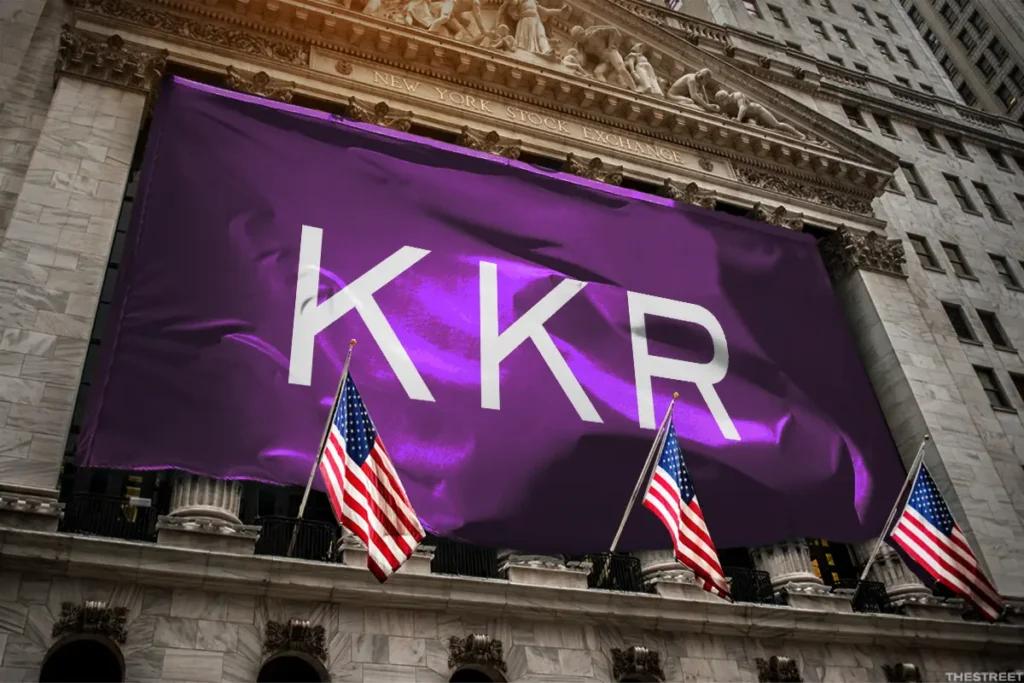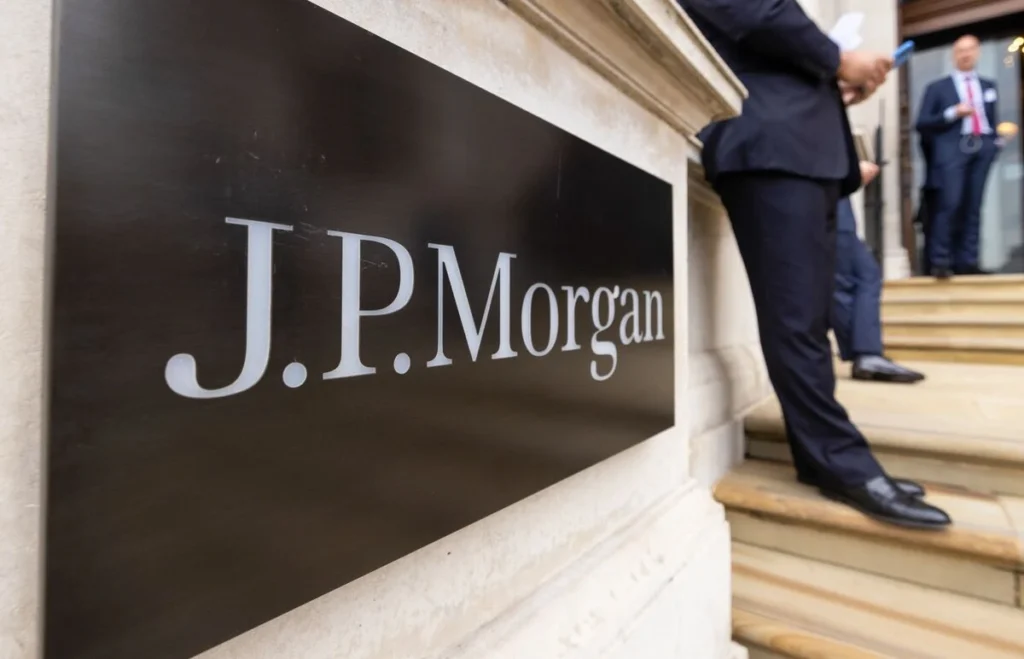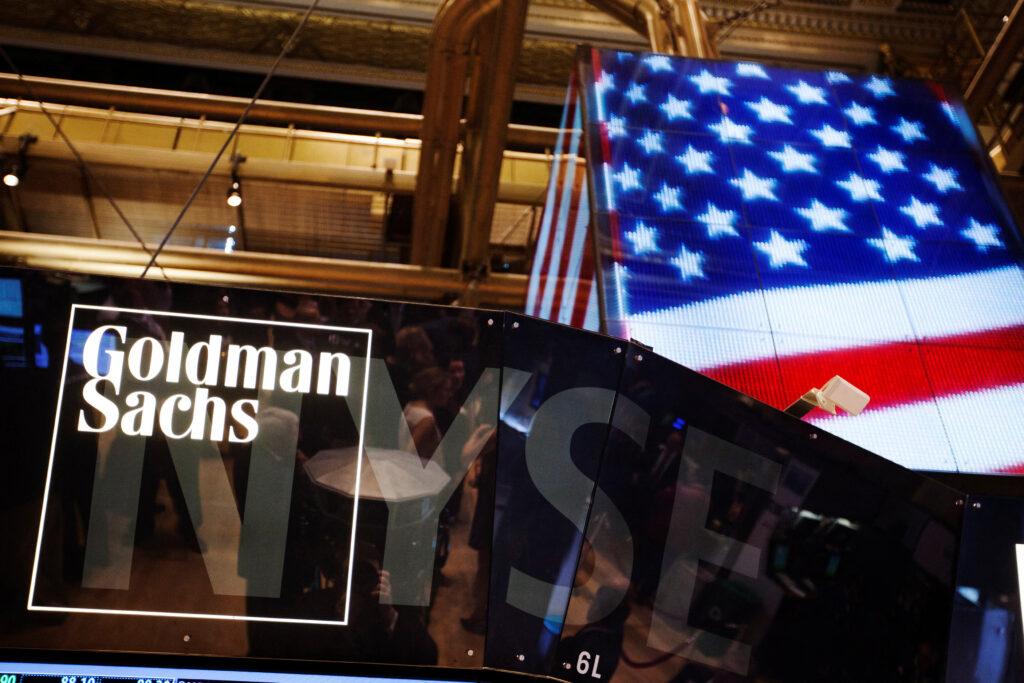De-Dollarization is the process of reducing the presence of the US dollar in trade, international settlements and national FX reserves.

It is seemingly underway as certain countries, predominantly BRICS nations, are looking for alternatives to the dollar, which has been the dominant global currency since the end of WW2. A vast quantity of events that allude to de-dollarisation have occurred, but I’ve tried to summarise a few relevant examples in detail.
Commodity Futures, Trading Pairs, and the Yuan
The launch of the Chinese yuan-denominated (petroyuan) oil futures contract in 2018 was a major step in allowing speculation on oil price movements with Yuan. These futures have hit record levels, as the State seeks to develop the role of its currency in a trade dominated by the US dollar. In 2020, similar contracts for copper futures went live in 2020, seeking to rival Lodon’s dominance in metals trading.
On December 9th 2022, President Xi Jinping met with Gulf Arab leaders to work towards buying Middle Eastern oil and gas in Chinese yuan. This plays to the strengths of the already-existing Petroyuan, a yuan format that is used to settle spot transactions, futures, and options in the oil markets. Xi Jinping’s proposal to trade these commodities on the Shanghai Exchange has many possible implications, including the ability to potentially challenge the dominance of the US dollar as the global reserve currency and establish the yuan as an alternative and strong currency for global trade. China also currently imports the most oil in the world, with the majority of OPEC crude exports going to the Asia Pacific region.
In 2014, Russia and China took a small step toward undercutting the domination of the U.S. dollar by signing a deal to undermine the dollar and pay each other in domestic currencies. Since then, yuan-denominated trade flows between Russia and China have never been higher, and surged in 2022. Vladimir Putin has openly expressed support for using the Chinese to settle trade between Russia, Asia, Africa, and Latin America. On 30th March 2023, a similar deal was announced between Brazil and China.
Sanctions, SWIFT, and New Payment Networks
The prospective trading of oil in yuan emerges after the repeatedly mentioned possibility of a single-currency across BRICS nations (Brazil, Russia, India, China, South Africa). This is amongst ever-growing talks of more nations adopting CBDC’s. If this did occur, this international single currency could likely be entirely digital, especially after China has been expanding their trials of a CBDC rollout via the deployment of the e-CNY (Digital RMB). This could have significant implications for the global financial system and the balance of economic power, and in my view, reinforces the long-suspected narrative of “de-dollarization.” De-dollarization seems to be a natural progression in China and Russia, after increasing frustration with being forced to use the dollar and suffering from US trade tariffs and sanctions.
The BRICS nations are also mentioning they are working on establishing a joint payment network to cut reliance on the western financial systems (especially after the Invasion of Ukraine, with Russia losing access to $300bn USD alongside a significant decrease in trade) whilst actively increasing the use of Real, Rubles, Rupees, Yuan, and Rand in their international commerce, to bolster their currencies. Additionally, Over a dozen countries have expressed interest in becoming members of the BRICS group, with Saudi Arabia and Iran among those who formally asked to join.
Reserve Assets
The BRICS nations, especially China, are also drastically increasing their gold reserves, reducing the amount of US dollars on their balance sheet (it has done since 2014), swapping dollars for gold, further alluding to the creation of a potential new currency. As well as gold, the Chinese state is a major cryptocurrency holder, with ~194,000 BTC and ~833,000 ETH, which could also potentially be used as reserve or collateral for a currency, or simply to exert power on the economic stage, actions never previously seen by any state. This would be especially effective if these cryptocurrencies continue to appreciate amongst an inflationary environment, bank collapses, and the rise of CBDCs, as investors look for a safe-haven for autonomous wealth storage in an increasingly multipolar world.
There are a lot of political variables that affect price action on the global stage, but few are as influential as our world leaders and their desire to further their nations’ interests. Despite uncertainty, it is unlikely the dollar’s dominance is unlikely to completely change in the near future, and it will remain the principal currency of international trade and transactions, especially as the US and China remain each other’s largest trading partners. But, the USD stranglehold on the global financial system could weaken if the aforementioned trends continue. Therefore, as a result of de-dollarization,, I think the potential asset and market price changes that will occur are:
● A long-term reallocation of capital by investors and businesses into BRICS markets in the next 10-15 years as a result of Yuan trading pairs and initiatives such as the Belt and Road spurring economic development
● A higher YoY GDP growth and subsequent better BRICS indices performances as more nations join and establish trading pairs and deals.
● Subsequently, a long-term increase in the price of Yuan to the dollar, and eventually the same trend with a potential BRICS joint currency, as trade in these units increase.
● A medium to long-term increase in the price of gold as BRICS nations continue to stockpile (amongst other global variables, such as inflation and looming recession).
● A medium to long-term increase in the price of Bitcoin as a wealth-storage protocol amongst increasing multipolarity and the rise of state-issued CBDCs (amongst other global variables, such as inflation and looming recession).




























Continue with Facebook Continue with Google